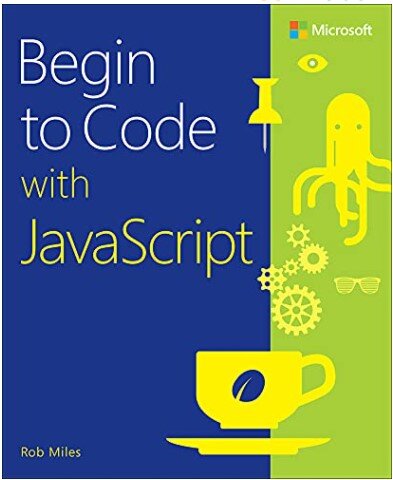
I’m trying a new thing where I read more books. I’ve worked out that a book on Kindle is less than the price of a couple of packets of cigarettes. If I read a book in two days (unlikely) this will still cost me less than a tobacco habit. And it is much less likely to kill me.
So, today on a whim I downloaded a copy of “The Thank You Economy” after I saw it in Joey deVilla’s blog. I’ve started reading it and it is rather interesting. It makes the point that in a world of connected and savvy consumers, who are going to Tweet, Blog and Facebook any bad customer experiences, a business can’t afford to upset folks in the way that it used to. Furthermore, if you give really good customer experiences you are creating a sales force out of the users of your products.
Apple are brilliant at this. I remember being told an awestruck tale of a dropped (and shattered) iPhone which was ‘Just replaced’ in an Apple Store. This is actually very good business sense. The hardware costs Apple very little, they can write the expense off against tax, and if their delighted customer tells ten people the story and a couple of them go Apple rather than Android then it will have paid for itself.
A couple of thoughts though. Some people seem just born to complain. I’ve stood behind examples of this genre in queue the Post Office, and I’m sure you have too. These folks have presumably got Twitter and Facebook accounts, so I wonder how this policy works with them. With a bit of luck the book will cover this a bit later on.
The other thing I was thinking was how we could apply this to my business, that of education. We work hard at Hull to can give students a great experience, but at the end of the day we also have to give some marks out which will not always be well received. One of the biggest mistakes I’ve ever made was to hand out my teacher assessments after I’d given out the results on a course. Some of the students (who had not actually applied themselves very well and done badly as a consequence) took it upon themselves to deliver payback and the comments were so good they got stuck on the staff room wall for all to enjoy.
I’ve not finished the book, but I’m enjoying reading it. Like most good business books it is full of things that make you say “Well Duh!”, but you might not have actually thought of. It is worth a read, and will certainly do you more good than 40 cigarettes.















